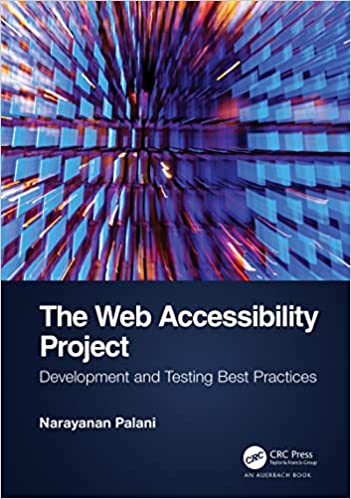
English | 2022 | ISBN: 1032280832 | 231 pages | True PDF | 19.45 MB
Approximately 15% of the global population is affected by some sort of disability, according to the World Report on Disability . Many C-Suite executives perceive digital accessibility (DA) as an endless task. Among the engineering leaders, one in four leaders are reliant on very limited knowledge about digital accessibility. Many countries are increasing their legislative efforts to make web accessibility an important part in web development and testing of software releases. Numerous organizations are facing extreme turbulence when not adhering to international accessibility guidelines while developing their software's and website applications.
Web Content Accessibility Guidelines (WCAG) is a global guide on accessibility recommendations that are developed through the World Wide Web Consortium (W3C) to help organizations to meet minimum standard accessibility guidelines. It has become critical for every organization to focus on implementing the accessibility checks at every stage of their application development to avoid costly mistakes. Meanwhile, the need for front-end engineers and Quality Assurance (QA) test analysts to learn WCAG best practices is immensely important for the growing need to incorporate accessibility-focused inclusive design, development, and extensive accessibility testing, which are essential for most of the customer-facing websites.
In a fast-paced world, incorporating shift left accessibility within development and testing is the new normal. The Web Accessibility Project: Development and Testing Best Practices helps developers address right accessibility attributes to user interface (UI) components. It also helps developers focus on developing manual and automation tests for QA professionals to inject accessibility audit, accessibility functional tests, and accessibility automation tests as part of their Continuous Integration and Continuous Development (CI/CD) models. The book is filled with readily usable best practices to adapt web accessibility early in application development.
By applying the accessibility best practices covered in this book, developers can help their organizations rise to a whole new level of accessibility adherence, innovation, and inclusive design. They will also see greater work satisfaction in their professional lives and a way to help improve digital accessibility for end users.
Links are Interchangeable - No Password - Single Extraction



